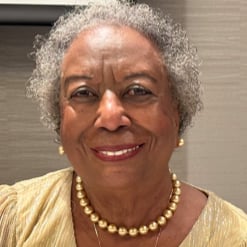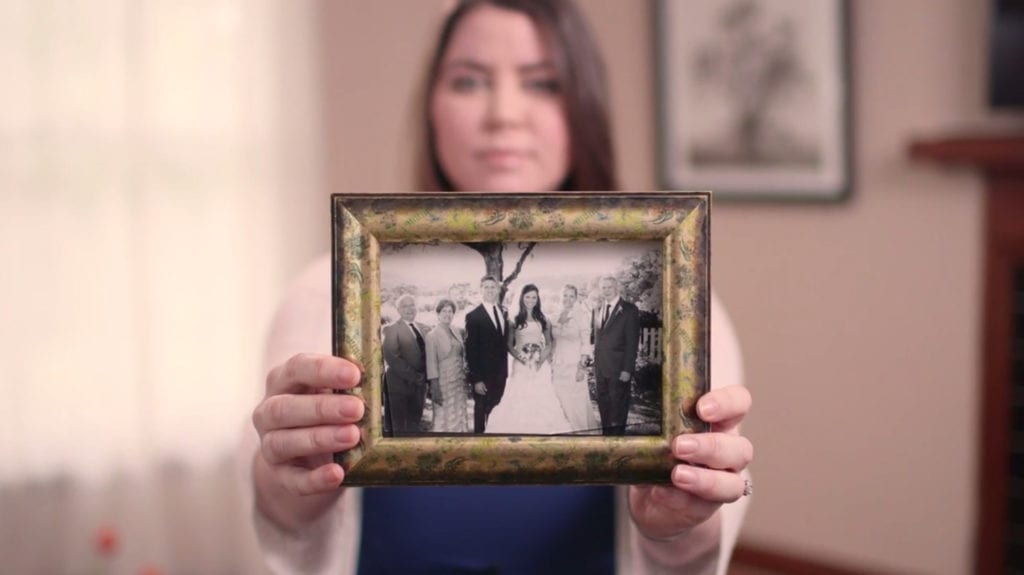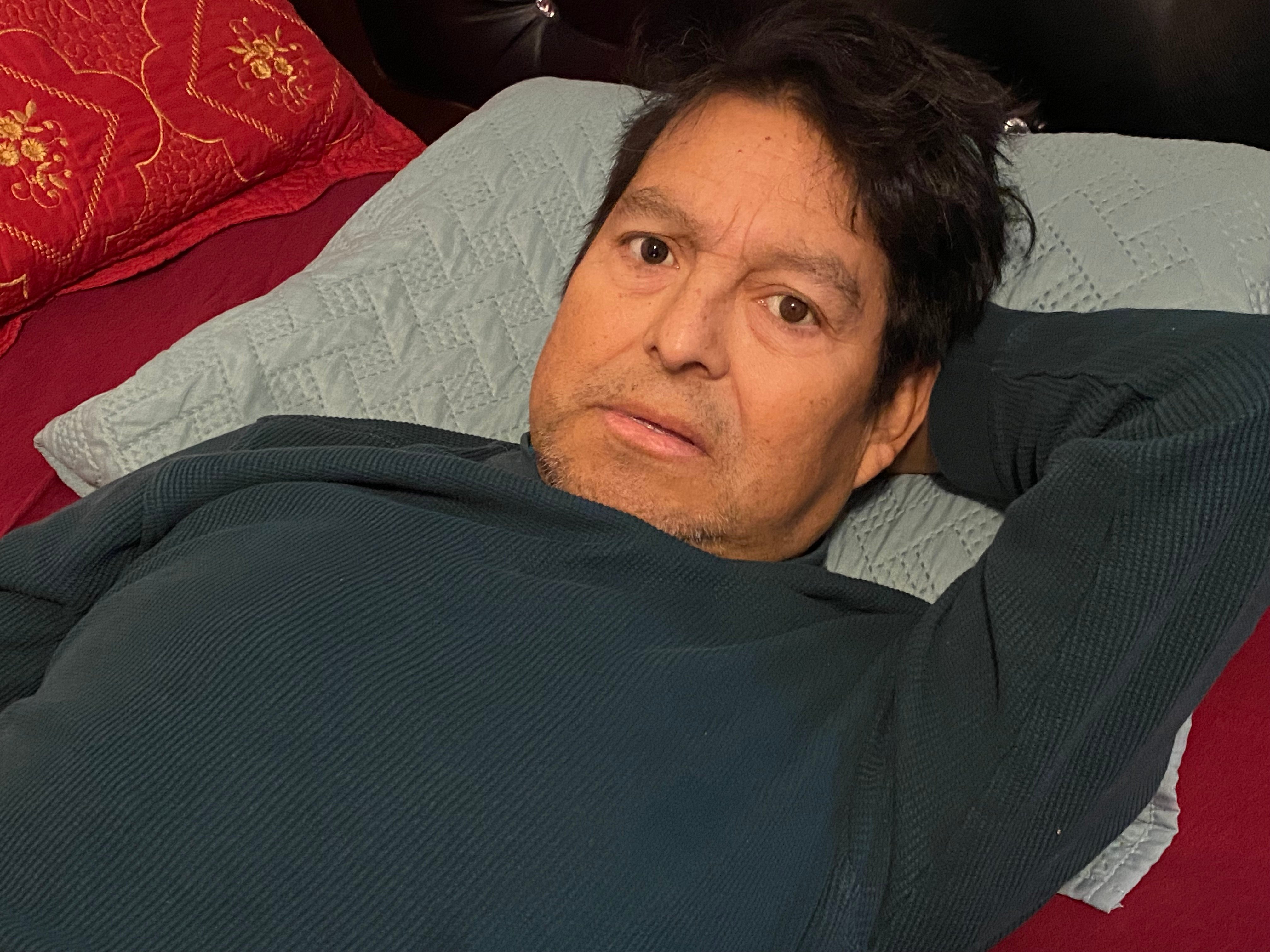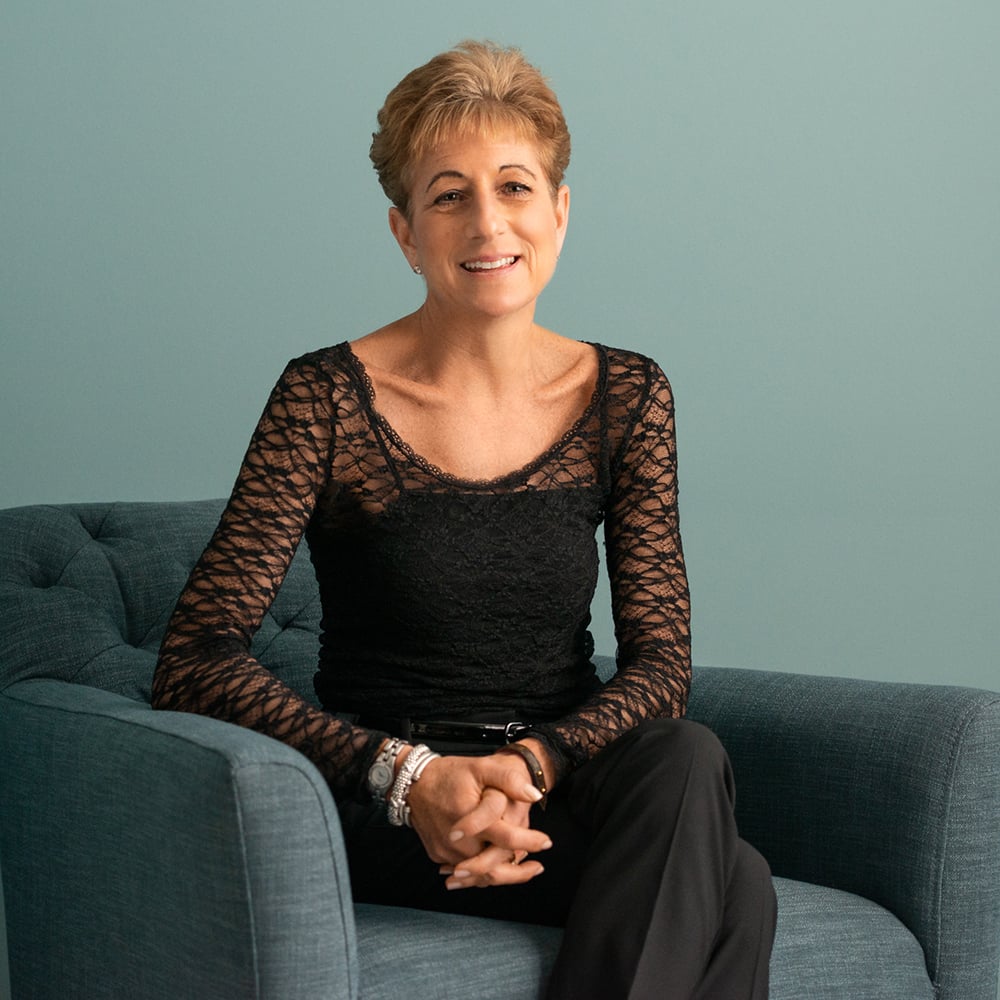Lillie Tyson Head has dedicated her life to education and advocating for equity in public health. She was a health and physical education teacher in the Waterbury, Connecticut, public school system for 31 years. She retired and was called to become the founding president of the Voices for Our Fathers Legacy Foundation (VFOFLF) in 2014. VFOFLF is a nonprofit organization led by the descendants of men who were unethically and immorally treated in the United States Public Health Service Study of Untreated Syphilis in the Negro Male (USPHSSUS) at Tuskegee and Macon County, Alabama.
Lillie is the daughter of Freddie Lee Tyson, one of the 623 men that were recruited under false pretenses to the study that was meant to record the progression of untreated syphilis among Black men. The men were uninformed, told that they would receive treatment for their "bad blood," never told of their diagnosis, and never given treatment. Initially, the study was to last six months; it lasted 40 years. When Freddie Lee was contacted by a member of the CDC in 1972 confirming that he had been part of the study, the family was outraged at the violation of human dignity. Freddie Lee died in 1988 in a car accident while driving to work. Lillie took up the cause of her father with the goal that nothing like the USPHSSUS would ever happen again. This led to the founding of VFOFLF, where through public education and scholarship programs, the organization aims to promote and advocate for ethical treatment in healthcare. In a piece co-written with Christopher F. Koller, president of the Milbank Memorial Fund (MMF), the two discuss reparation efforts made by the MMF (an organization involved in the USPHSSUS) and the role restorative justice has in the healing process, moving from shame and trauma to hope and healing.
Lillie’s commitment to public health extends to end-of-life care and planning. She considers the conversations people have around the end of their lives vital to avoiding anxiety and confusion for individuals and families. Lillie supports Compassion & Choices’ mission to improve end-of-life care for everyone, saying, “End-of-life planning is a necessary and very important conversation for everyone to have, to make things better for those who are being left behind."






